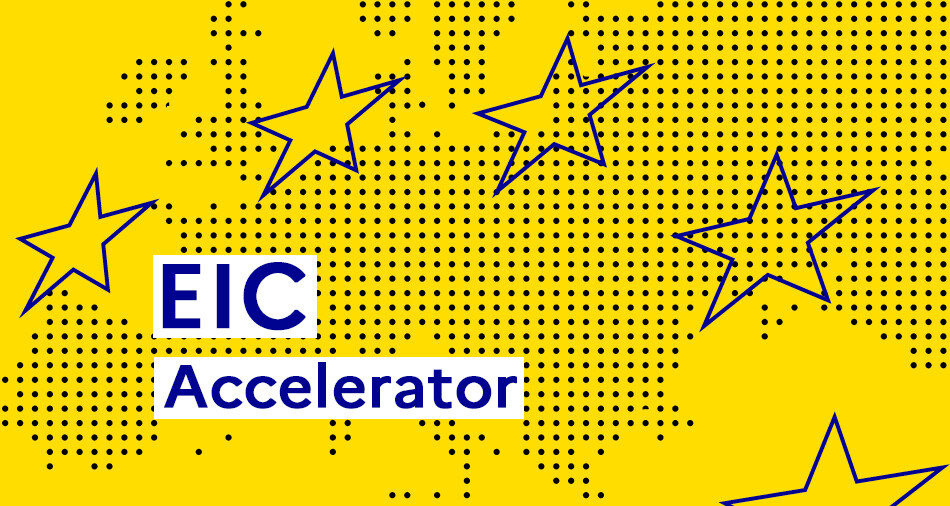ExpectedOutcome:
The future of European industrial manufacturing requires further advances in characterisation methods and computational modelling, in order to lead the way to the reliable design of new and sustainable materials and processes, rapid upscaling, and effective quality control. These advances can only be achieved through the development of innovative techniques and a new generation of instrumentation, responding to industrial needs.
Projects are expected to contribute to the following outcomes:
- Develop an open repository for knowledge transfer, data sharing for integration between advanced materials characterisation (material properties/functionalities) and modelling (data and physics based, engineering modelling), allowing full interoperability between data and workflows (CHADA, MODA and EMMO), with direct connection to manufacturing process;
- Develop characterisation techniques supporting key European technology area strongholds. The developed characterisation methods should be complemented with and validated by modelling tools;
- Enable a model-based innovation processes covering all stages from materials design (including several scales, e.g. from molecular to macroscale) to product development, including validation, characterisation and life cycle assessment, with the aim, in particular, of translating industry needs into innovation challenges and provide solutions;
- Increase the efficiency and effectiveness of materials and product development by reducing costs and time for product design, time-to-market and regulatory compliance, which will enable the transition to a decarbonised economy;
- Improve handling of missing data by means of artificial intelligence/machine learning methods and/or simulation;
- Proposals should include a business case and exploitation strategy after the end of the action.
Scope:
Proposals should:
- Develop a relevant range of characterisation methods, models and simulation tools to enhance the design – with clear demonstration of modelling and characterisation integration – and development stages of advanced materials and products, focusing on user cases related to low carbon and clean industry applications;
- Coordinate efforts towards data documentation, exchange procedures and ontologies that can aid the traceability, integrity and interoperability of data in line with Industry Commons and FAIR data principles;
- Seek the involvement of standardisation bodies for the development of standards, test guidance or guidance documents;
- Focus on the combination of theory with large-scale computational screening (e.g. Artificial Intelligence or Machine Learning);
- Facilitate the re-use of existing research results on modelling and characterisation, as well as the uptake of new project results;
- Projects should contribute to the objectives of the European Materials Characterisation Council (EMCC) and European Materials Modelling Council (EMMC) and foresee the necessary resources to this effect.
Specific Topic Conditions:
Activities are expected to start at TRL 3 and achieve TRL 5 by the end of the project – see General Annex B.
Cross-cutting Priorities:
Artificial IntelligenceDigital Agenda





